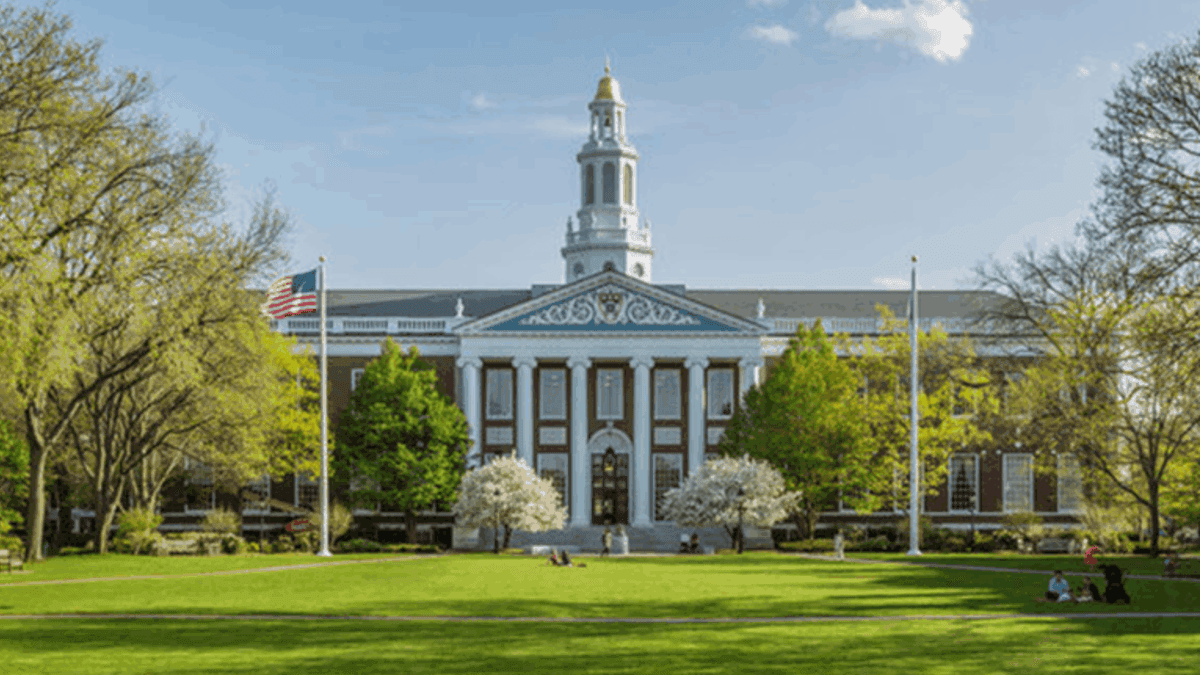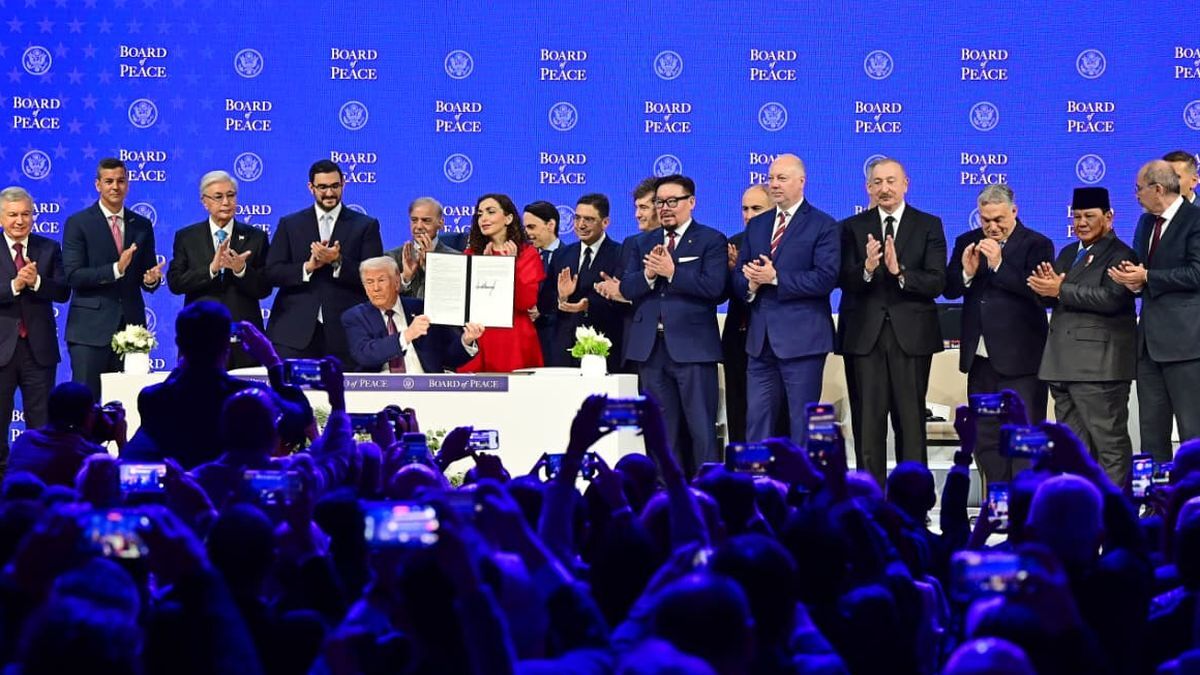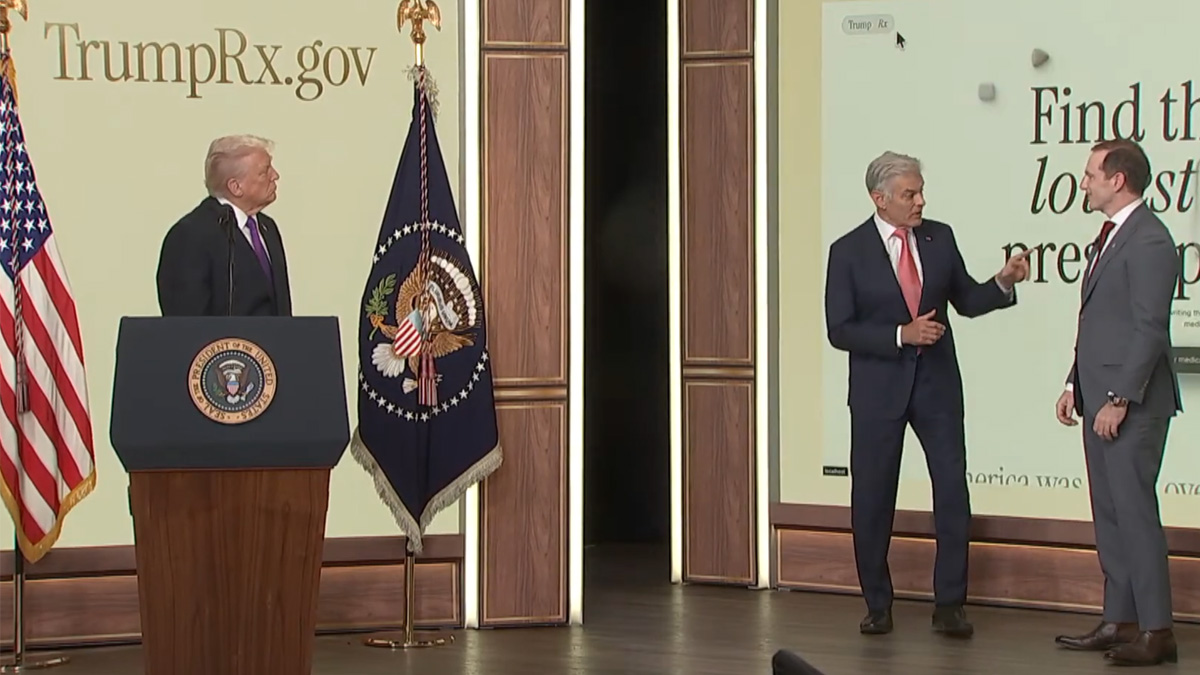Court blocks Trump administration’s bid to revoke Harvard’s foreign student enrolment
A U.S. federal judge issued a temporary restraining order on 23 May 2025, halting the Trump administration’s attempt to strip Harvard University of its ability to enrol foreign students. The ruling follows Harvard’s lawsuit alleging unconstitutional political retaliation.

- A federal judge issued a temporary restraining order halting the Trump administration’s attempt to revoke Harvard’s ability to enrol foreign students.
- Harvard’s lawsuit alleges unconstitutional retaliation, with potential deportation of over 7,000 visa holders at stake.
- The administration cites national security and antisemitism concerns, while critics warn of reputational and academic harm to U.S. higher education.
The U.S. District Court in Boston has temporarily halted the Trump administration’s attempt to revoke Harvard University’s certification to enrol foreign students.
Judge Allison Burroughs issued a two-week restraining order on 23 May 2025, ruling that Harvard could face irreparable harm if the government’s decision were implemented before a full hearing.
Hearings are scheduled for 27 and 29 May to determine whether the restraining order will be extended or converted into a longer injunction.
Harvard alleges unconstitutional retaliation
Harvard filed its lawsuit in federal court on the same day, accusing the administration of unconstitutional political retaliation.
The university claims the move violates the First Amendment and represents an attempt to punish it for resisting “political demands” from the White House.
Harvard President Alan Garber denounced the federal action as “illegal attempts to assert control over our curriculum, faculty, and student body.”
Impact on international students
Harvard currently enrols nearly 6,800 foreign students, mostly in graduate programmes.
The university argued that revoking its certification would be “immediate and devastating,” potentially forcing more than 7,000 visa holders to leave the country and blocking future international admissions for at least two academic years.
Harvard stated in court filings: “With the stroke of a pen, the government has sought to erase a quarter of Harvard’s student body.”
DHS justifications and demands
The Department of Homeland Security (DHS) announced the revocation on 22 May. It accused Harvard of fostering “anti-American, pro-terrorist agitators” and collaborating with the Chinese Communist Party.
No evidence was publicly provided. Harvard strongly denies the allegations.
DHS Secretary Kristi Noem demanded that Harvard hand over extensive data on foreign students, including records of protest involvement, within 72 hours. Harvard said it had already submitted thousands of data points, but DHS did not clarify what was deemed insufficient.
Financial and academic consequences
In its filings, Harvard warned that the move would cause severe financial and reputational damage.
International students typically pay full tuition, which helps subsidise financial aid for domestic students. A loss of this revenue could disrupt scholarships, research labs, and clinical programmes.
Harvard argued it may be forced to rescind offers of admission, shut down ongoing projects, and risk its global standing.
Wider political dispute
The case comes against the backdrop of escalating clashes between the Trump administration and elite universities.
Harvard is already fighting the freezing of more than US$2 billion in federal grants, alleging the administration has used funding threats to coerce compliance.
By contrast, Columbia University, also under scrutiny, has made concessions in response to federal pressure, revising Middle East studies curricula and disciplinary procedures after US$400 million in federal support was withheld.
Reactions from critics and students
Former Harvard President Lawrence Summers condemned the administration’s actions, calling them “madness” and warning that they would alienate future global leaders educated in the United States.
Students have also voiced alarm. Leo Gerden, a Swedish undergraduate majoring in economics and government, welcomed the court’s decision as “a great first step” but said many international students expected “a long and exhausting legal battle.”
White House and national security framing
The Trump administration has defended its actions by linking them to national security concerns, antisemitism on campuses, and alleged foreign influence.
White House spokeswoman Abigail Jackson criticised the court order, stating that “unelected judges have no right to overrule executive branch decisions.”
The administration has also pointed to incidents of antisemitism at Harvard and claimed that 20 percent of the university’s foreign students in 2024 were from China, raising concerns among lawmakers about Beijing’s influence in U.S. academia.
Temporary relief, but fight continues
Judge Burroughs’ order has delayed the policy’s implementation, which had been scheduled to take effect for the 2025–2026 academic year.
The Trump administration is expected to appeal. The case is set to become a major test of the balance between executive authority, university autonomy, and constitutional protections.







